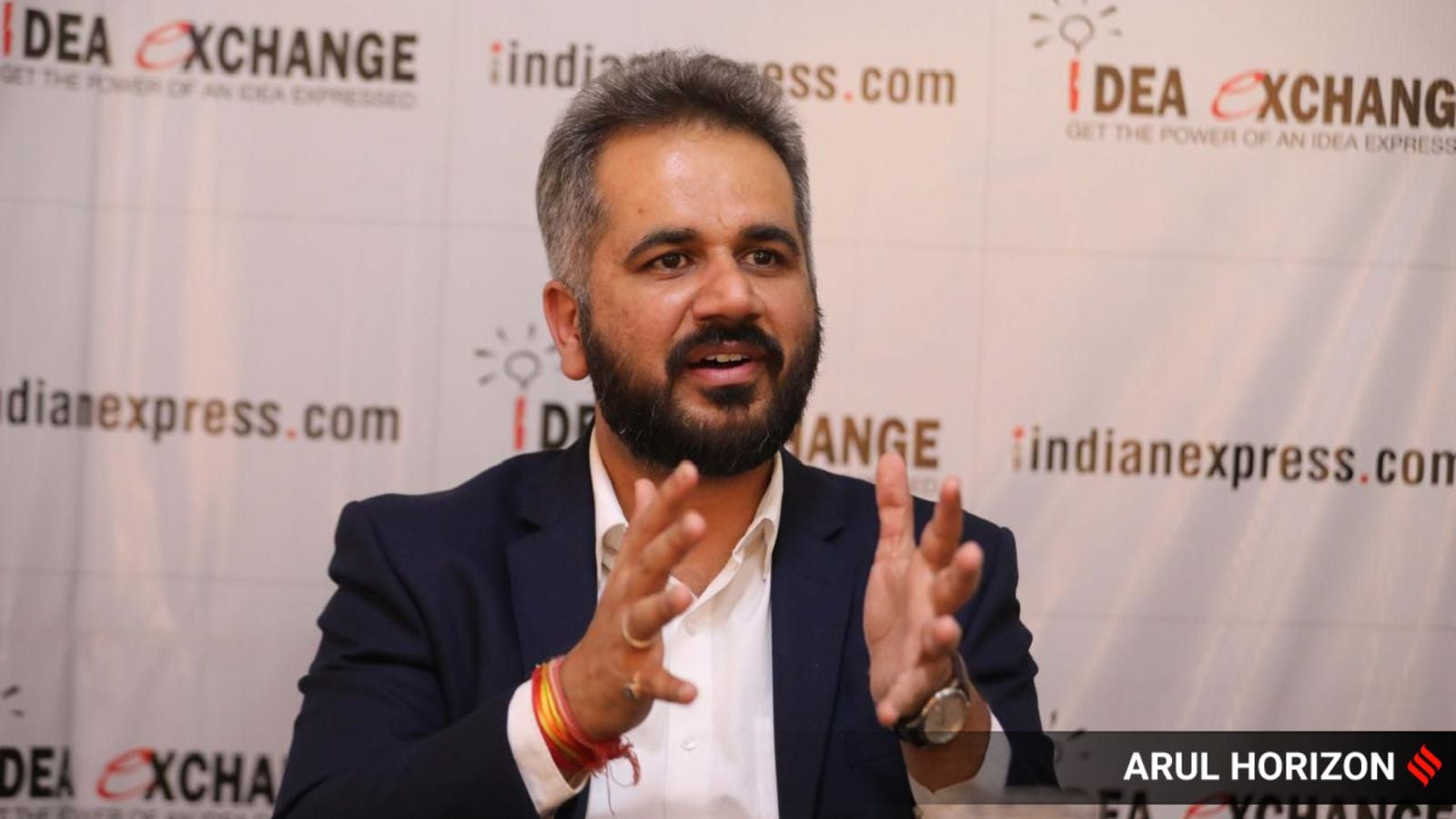 |
|
The Pimpri-Chinchwad Municipal Corporation (PCMC) chief, Shekhar Singh, recently addressed pressing issues facing the industrial city during an interview with The Indian Express. A primary concern was the outbreak of Guillain-Barré Syndrome (GBS). Singh confidently stated that the situation was under control, with only a small number of patients currently receiving treatment. He attributed the initial surge in cases to contaminated water from private wells, clarifying that most societies do not use this water for drinking purposes. The PCMC's response involved disinfecting wells and monitoring bottled water plants. Singh emphasized that the water supplied by the PCMC's treatment plants in Ravet and Chikhli is 100% purified, acknowledging potential issues arising from leakages in the distribution system, but insisting that the treatment itself is effective. While the PCMC doesn't directly control private tanker water supplies, the GBS scare has prompted consideration of increased oversight and disinfection of private wells.
Another significant issue discussed was the escalating traffic congestion plaguing Pimpri-Chinchwad for nearly 15 years. Singh refuted claims of complete failure in addressing this issue, focusing instead on specific problem areas like the Nashik Phata junction. He explained that the presence of a pedestrian overbridge currently prevents the immediate implementation of a simple solution – closing the signal to ease traffic flow. However, with the upcoming completion of the pedestrian overbridge by Maha Metro, he anticipates a significant improvement. He also firmly dismissed calls to dismantle the city's Bus Rapid Transit System (BRTS) routes, advocating instead for its expansion and further investment in public transport as a crucial step in decongesting roads. The ongoing challenges related to pollution, particularly post-Diwali, were also addressed. Singh highlighted the enforcement of stricter norms on construction firms, resulting in significant fines and ‘stop work’ notices for non-compliance. The longer-term challenge of vehicular pollution is being tackled through the implementation of the Graded Response Action Plan (GRAP).
The growing stray dog population is another concern facing the PCMC. Singh outlined efforts to increase sterilisation programs and expand kennel capacity to manage the situation. He projected stabilization of the population within the next two to three years. The possibility of a separate municipal corporation for Hinjewadi and surrounding areas was also discussed. Singh clarified that there are no current plans for a separate corporation for Hinjewadi but acknowledged the government's consideration of merging villages beyond the Indrayani river into a new municipal corporation. He expressed support for incorporating peri-urban areas into municipal governance. Regarding the expansion of the Metro network, Singh confirmed that plans are underway to connect existing lines, extending the system into PCMC and creating a loop connecting Pune and PCMC. This aligns with the PCMC's commitment to promoting public transport.
The complexities of PCMC's interactions with defence entities were also highlighted. Singh reported a streamlining of processes and successful acquisition of land for various projects, including parks and fire stations, while acknowledging the paramount importance of defence establishments. The upcoming state policy requiring proof of parking space before vehicle purchase was discussed, with Singh indicating the state's likely adoption of such a measure to combat congestion, while stressing the need for robust public transport systems to accompany such a policy. He drew parallels with congestion pricing policies adopted in other global cities, anticipating the eventual implementation of similar measures in Pimpri-Chinchwad, expressing confidence that citizens will adapt and accept such policies, much like the acceptance of highway tolls. Finally, Singh outlined the PCMC's comprehensive mobility plan, encompassing the construction of new roads, addressing missing links in the road network, improving congested junctions, removing encroachments, and focusing on expanding public transport options.
The interview covered a broad spectrum of issues, revealing a proactive approach from the PCMC to address challenges through various strategies, from improving infrastructure and enforcing environmental regulations to improving public transport and addressing public health concerns. While acknowledging the complexity of some issues, the interview conveyed a sense of optimism and commitment from the PCMC to improve the quality of life for its citizens. The long-term vision encompassing a 30-year development plan was also mentioned, illustrating the PCMC's strategic outlook and planning for the future. The focus on collaboration with other agencies, like the police and Maha Metro, suggests a multi-faceted approach aimed at achieving sustainable improvements for the city.
